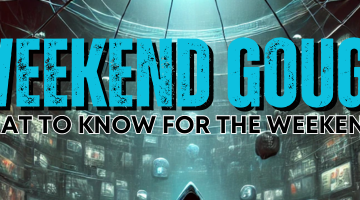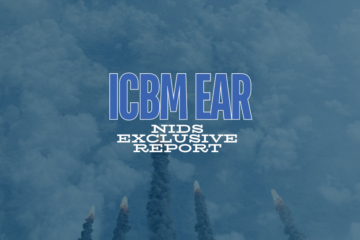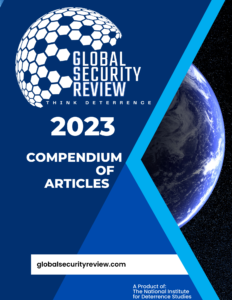 Whether you are a scholar, a published author, an accomplished educator or just want to keep informed on today’s volatile global security landscape, the 2023 Global Security Review Compendium of Articles provide a stage for critical thought relevant to the strategic global security landscape. Our experts and practitioners expose you to global security concerns, lead you through investigative thought on China, Russia, North Korea and more.
Whether you are a scholar, a published author, an accomplished educator or just want to keep informed on today’s volatile global security landscape, the 2023 Global Security Review Compendium of Articles provide a stage for critical thought relevant to the strategic global security landscape. Our experts and practitioners expose you to global security concerns, lead you through investigative thought on China, Russia, North Korea and more.
This compendium is instrumental in the advocacy of global security, global nuclear surety, space conflict and deterrence, and much, much more!
This product is available for download and use as a guide to what is to come for 2024. If you want to reflect on the past year’s hottest perspective in global security, pass this compendium along to your colleagues, leadership and concerned educators.
Exclusive Preview
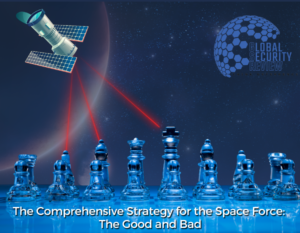
“The Comprehensive Strategy for the Space Force: The Good and Bad” by Christopher Stone critically evaluates the U.S. Space Force’s strategy as outlined in a congressional report. Stone highlights the positives, such as acknowledging the Space Force’s role in supporting terrestrial forces. However, he points out significant gaps, arguing that the Space Force should focus more on warfighting capabilities to counter growing space threats from China and Russia, rather than merely supporting other forces. He emphasizes the need for combat-credible space forces capable of offensive and defensive operations, asserting that this should be the primary mission of the Space Force.
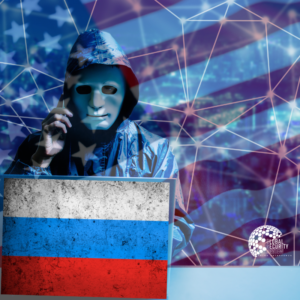
“Russia and the Growing Danger of Satellite Cyber-Attacks” by Alexis Schlotterback highlights the increasing threat of Russian cyber operations targeting satellites. The article explores various satellite cyberattack methods such as data interception, data corruption, and seizure of control. It emphasizes Russia’s advanced capabilities in cyber warfare, including the use of GPS jammers and potential hacking of American satellite control systems. The discussion includes the need for enhanced security measures in satellite infrastructure to protect against these threats.

“The Strategic Posture Commission and the China Breakout” by Peter Huessy discusses the rapid expansion of China’s nuclear capabilities and its implications for U.S. strategic posture. Huessy highlights the significant growth of China’s nuclear arsenal and the development of advanced delivery systems. He emphasizes the need for the U.S. to enhance its nuclear deterrence and missile defense capabilities in response to China’s expanding nuclear force. The article urges the U.S. to consider strategic adjustments to maintain a credible deterrent against the evolving threat posed by China.
Download the full compendium here.


